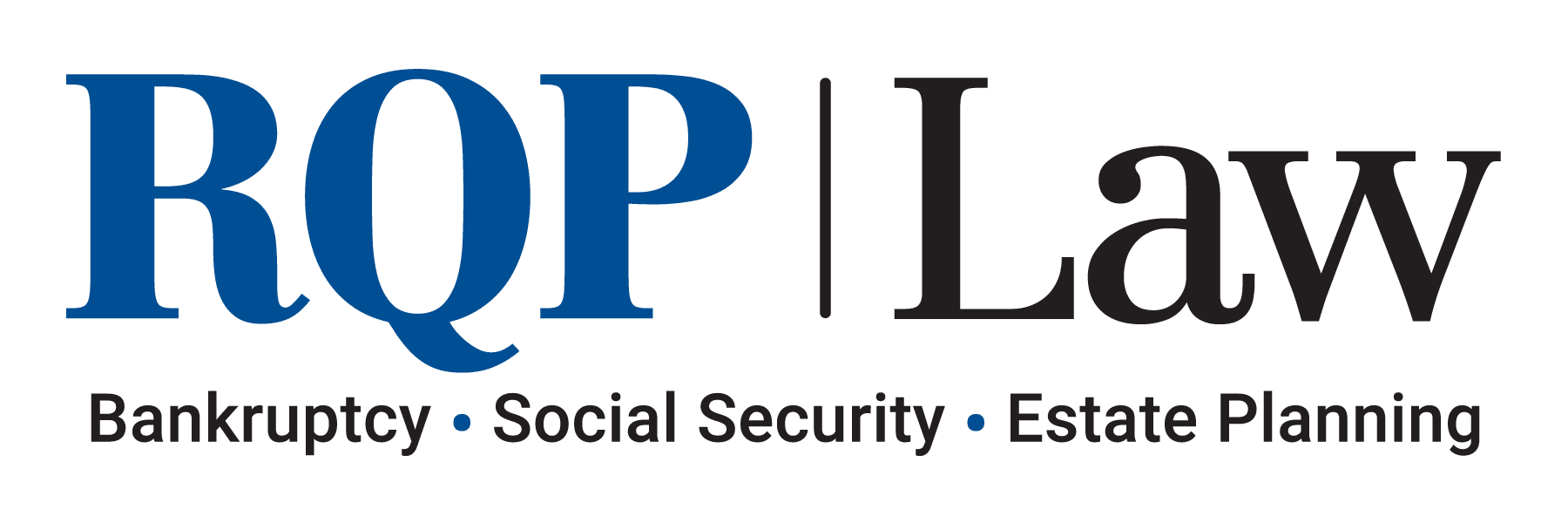Almost everyone has heard about wealthy individuals and celebrities filing for bankruptcy, which is frequently a result of immense tax debt. These tax burdens are not limited to celebrities and multi-millionaires; these problems affect the upper-middle class more than anyone. People who are shackled down by tax debt are often people who make a good living but take on extra property taxes or income taxes. The tax burdens of your business expanding or buying a vacation home or investment property often put the upper middle class in serious tax trouble.
According to the most recent U.S. Census income data, both Chester County and Montgomery County were in the top 100 for the highest household income in the country. Areas like Exton, Phoenixville, Collegeville, Chester Springs, King of Prussia, and Downingtown have some of the highest median household incomes in the state. While most people would agree that this is a good problem to have, high household incomes can create dangerous personal tax debt and arrearages.
Most of the time, if you earn a higher income, it’s because you generate your own wealth through investments or operating a business. There are many benefits to creating wealth through investments and owning a business, but it can also spell disaster if your taxes are not properly filed. Due to the complexity and ambiguity of tax law, many individuals with personal investments or their own companies soon find themselves in serious tax arrearages. On top of what you may owe in tax debt, you will find yourself paying steep fines to the IRS. In high-income areas around Chester and Montgomery Counties, those tax debts plus the fines could add up to more than $100,000.
There are times when your tax debt can be discharged in either a Chapter 7 or Chapter 13 Bankruptcy, and our attorneys can help. Many attorneys who handle bankruptcy do not even look at discharging taxes because of how complicated the process is. However, our office is experienced at discharging tax debt and using the well-established “Five Rules” set up within the Bankruptcy Code.
A no-cost consultation with the attorneys at RQP Law will answer all of your questions regarding your Montgomery County and Chester County tax debt issues.
Other helpful resources
Understanding Lis Pendens in Bankruptcy: Property Rights Explained
Bankruptcy is often used when a person’s debts have become so large that they cannot possibly pay them all. This means...
How to File a Motion to Reopen a Chapter 7 Bankruptcy Case
So, you need to reopen a Chapter 7 bankruptcy case. Luckily, you are able to do so. However, it is a complicated...


0 Comments